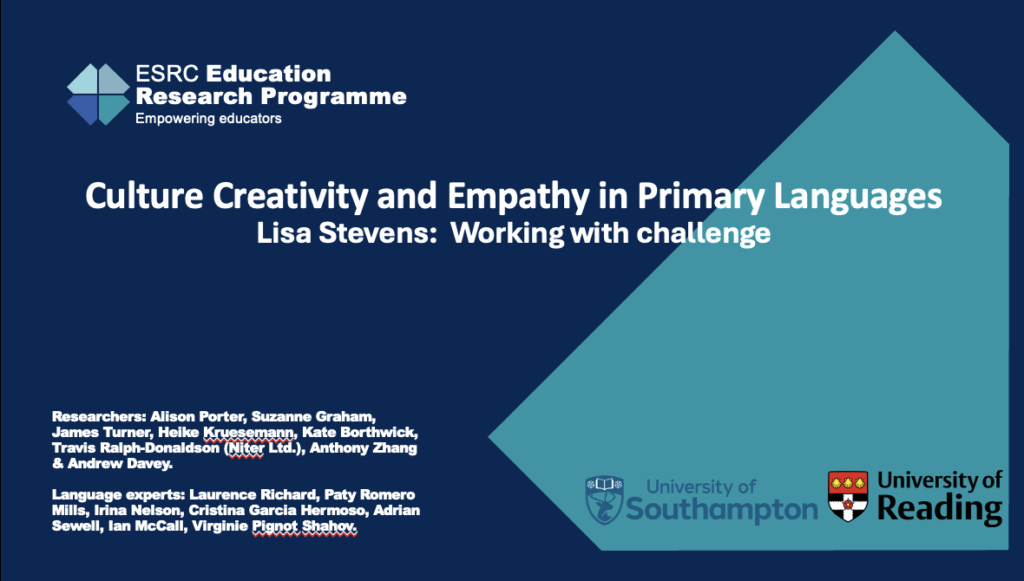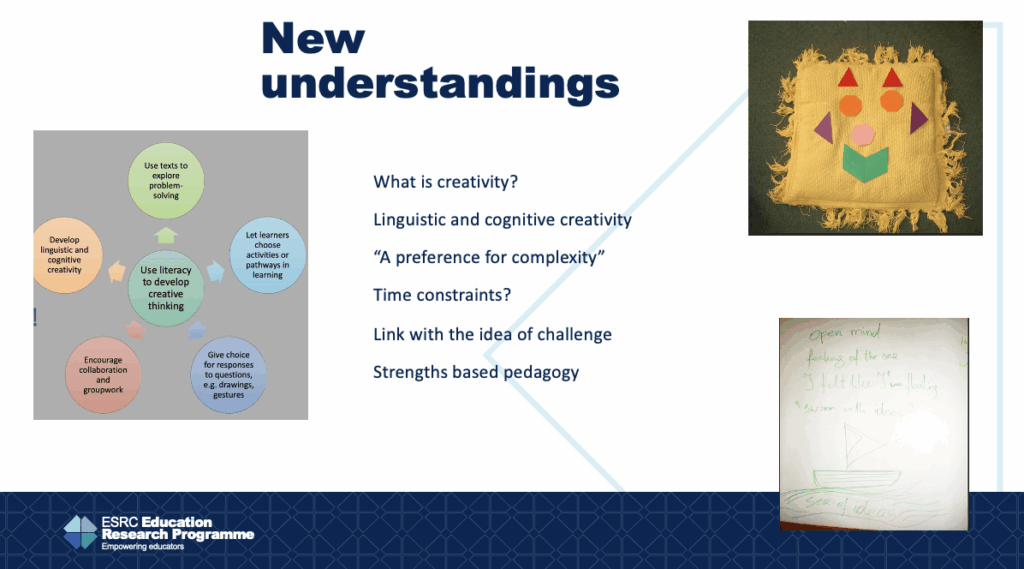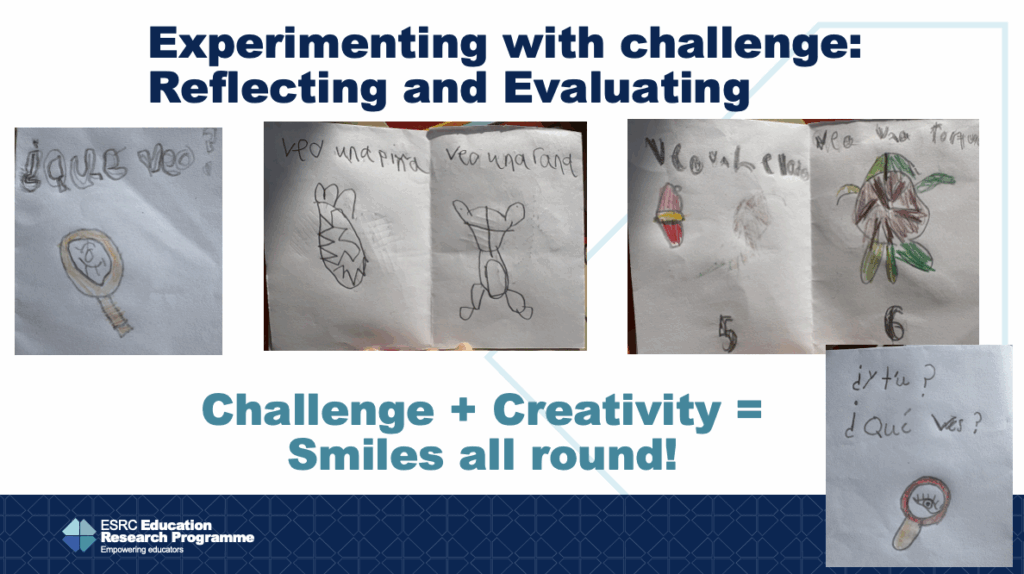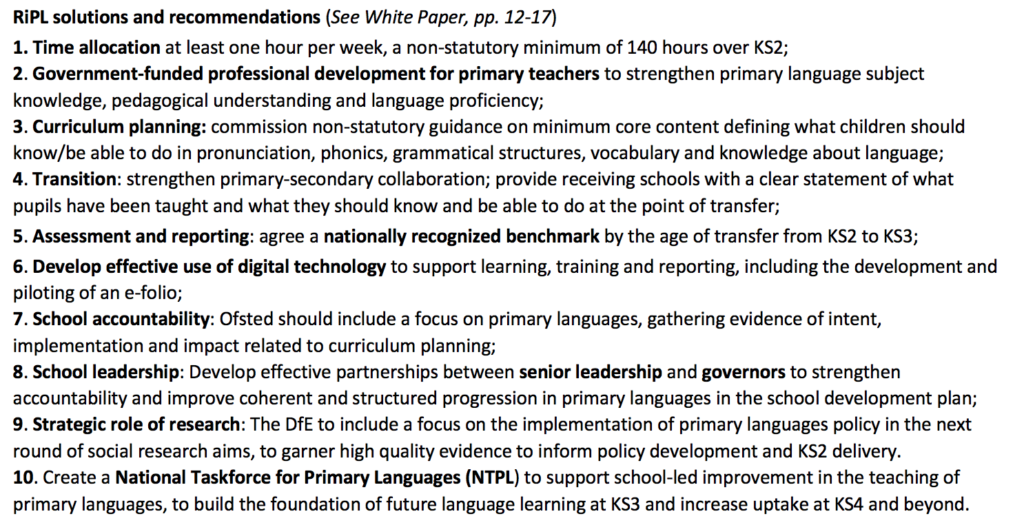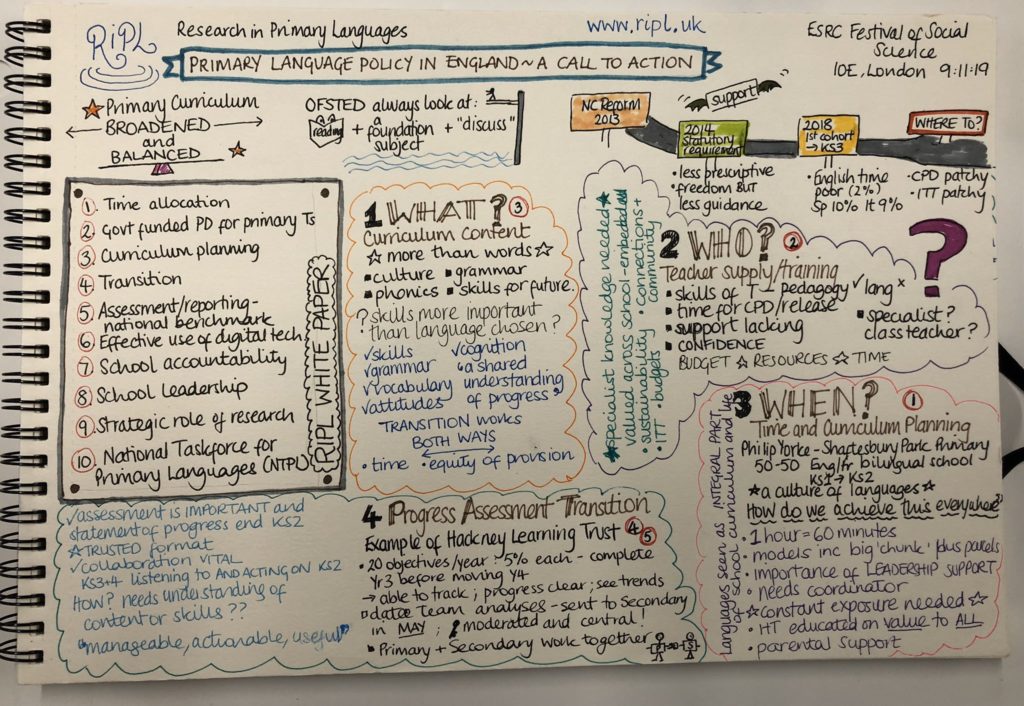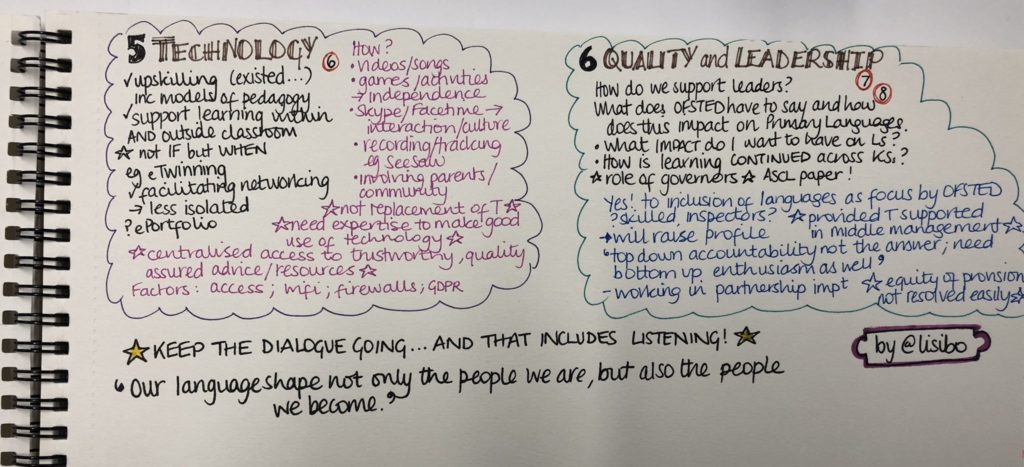Culture, Creativity and Empathy in Primary Languages – Working with Challenge
On Friday I had the pleasure of being interviewed by Dr Alison Porter from University of Southampton and Professor Suzanne Graham from University of Reading on the subject of challenge and creatiivty in the Primary Languages classroom.
Over the last couple of years I have participated in a MOOC (Massive Open Online Course) led by Alison and Suzanne to explore challenge, creativity and empathy and then along with my Y5 Spanish classes, took part in the DELTEA research project using a phonics app and digital storytelling to put the learning into practice and explore the impact on motivation, empathy and language learning. Thsi interview followed up these experiences and will form part of a new MOOC.
During the interview I talked about my learning during the MOOC about Self Determination Theory, the need for intrinsic motivation and an optimal amount of challenge for learners’ self efficacy and the relationship between challenge and creativity. I also shared how a Strengths Based pedagogy and an asset based (what learners CAN do) rather deficit based mindset have become very important in my thinking and consequently planning for QFT. The conversation then moved on to how this was demonstrated during the DELTEA project in my setting, what was learned from the project, and how we have moved forward following the conclusion of that phase in July 2024. It concluded with me sharing a ‘hot off the press’ example that I felt gathered all those threads together and demonstrated the need for and value of challenge for ALL our learners, and the undeniable effect on their self efficacy / vision of themselves as a language learner.
It was lovely to take time to reflect on the process and realise the impact this has all had on my setting. In the business of school, it’s rare that you have time to do that! I’m really looking forward to the MOOC of which my video will form a small part as I always welcome an opportunity to learn, reflect and hone my skills as a language learner and educator.
